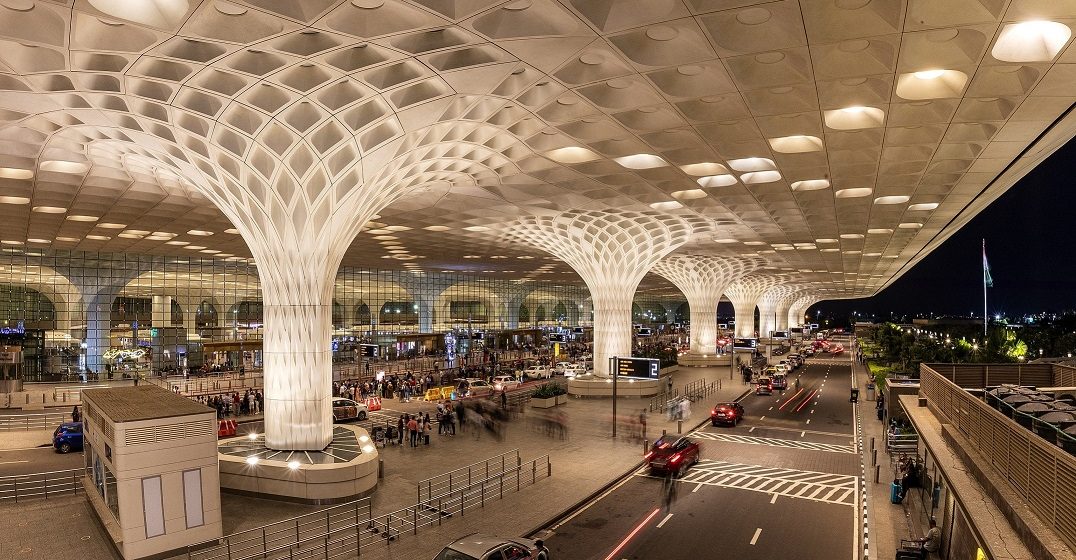With 147 e‑gates and 30 per cent Digi Yatra adoption, CSMIA leads Indian airports in passenger‑centric digital transformation.
Mumbai International Airport Ltd (MIAL), operator of Chhatrapati Shivaji Maharaj International Airport (CSMIA), has released its Sustainability Report for FY2024‑25, highlighting major progress in green energy adoption, waste management, community upliftment and digital transformation.
India’s second busiest airport handled 55.12 million passengers during the year, with a single‑day record of 170,516 travellers, and expanded its network to 126 destinations. Cargo volumes rose 8.1 per cent YoY, underlining CSMIA’s role in supporting Mumbai’s economic growth.
On the sustainability front, CSMIA became the first airport in India and only the third worldwide to achieve Level 5 accreditation for Airport Customer Experience from Airports Council International (ACI). It also sustained its ACA Level 4+ ‘Transition’ status for climate action, while operating entirely on 100 per cent green energy since August 2022, a transition extended to all concessionaires.
The airport has achieved carbon neutrality for Scope 1 and 2 emissions, diverted 98.7 per cent of waste from landfill, and reduced energy intensity by 5.5 per cent. Terminal 2 retained its Indian Green Building Council (IGBC) Platinum certification, reaffirming MIAL’s green infrastructure leadership.
Biodiversity and water stewardship initiatives included planting 2,000 native trees using the Miyawaki method, comprehensive water audits, rainwater harvesting, and advanced sewage treatment under the reduce-recycle-recharge principle.
MIAL also reported extensive social programmes in partnership with the Adani Foundation, including health camps, women’s empowerment initiatives and blood donation drives benefiting over 4,000 individuals. Through its ‘Saksham’ initiative, the airport clocked more than 60,000 manhours of employee training focused on diversity, inclusion and leadership, while reinforcing policies on non‑discrimination, gender equality and parental support.
Passenger‑centric innovation remained a priority, with CSMIA deploying 147 e‑gates — the highest across Indian airports — and achieving 30 per cent Digi Yatra adoption. The revamped Airport Operations Control Centre (AOCC) enhanced real‑time operational efficiency, while accessibility measures included sign language training for staff, wheelchair assistance, tactile flooring for the visually impaired and sanitary pad dispensers in all ladies’ washrooms.


